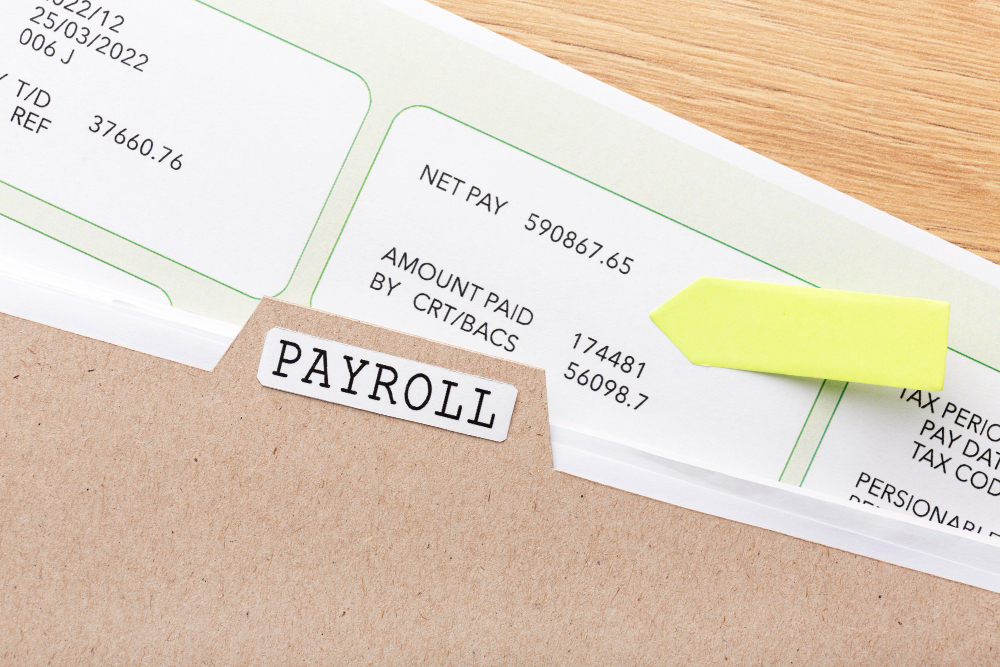Pay Stub Requirements in Delaware: Complete Rules & Compliance Guide
Introduction — Understanding Pay Stub Requirements in Delaware
Pay stubs are a crucial element of payroll management, offering employees detailed records of earnings, deductions, and net pay.
In Delaware, employers are required to maintain accurate payroll records and provide employees with itemized wage statements upon request.
Following Pay Stub Requirements in Delaware ensures legal compliance, promotes transparency, and helps avoid payroll disputes.
Providing accurate pay stubs allows employees to track earnings, verify deductions, and manage personal finances.
Employers benefit by reducing errors, resolving disputes efficiently, and preparing for audits.
Utilizing modern payroll tools ensures compliance with state regulations.
Key Components of Delaware Pay Stubs
Even if not required every pay period, professional pay stubs in Delaware should include:
- Employee Information: Name, employee ID, and job title.
- Employer Information: Company name, address, and contact details.
- Pay Period: Start and end dates of the payroll cycle.
- Gross Wages: Total earnings including regular pay, overtime, bonuses, and commissions.
- Deductions: Taxes, insurance, retirement contributions, and other authorized deductions. For federal guidance, refer to IRS Payroll Guidelines.
- Net Pay: The final amount after all deductions.
- Hours Worked: Regular and overtime hours clearly recorded.
- Leave Balances: Optional, including accrued vacation or sick leave.
Employers can generate compliant pay stubs using the Pay Stub Generator or refer to examples at Regular Pay Stub Details.
Legal Considerations for Pay Stub Requirements in Delaware
Delaware law requires employers to maintain accurate payroll records for all employees, including hours worked, wages, and deductions.
While issuing pay stubs every pay period is not explicitly mandated, providing itemized wage statements upon request is necessary.
Compliance with these regulations ensures transparency and reduces potential disputes.
Employers should keep payroll records for at least three years. Detailed pay stubs protect both employers and employees during audits or disputes.
For additional guidance, refer to the U.S. Department of Labor.
Step-by-Step Payroll Compliance Guide in Delaware
Following a structured payroll process helps employers comply with Pay Stub Requirements in Delaware efficiently:
- Track Employee Hours: Record regular and overtime hours accurately.
- Calculate Gross Pay: Include wages, overtime, bonuses, and commissions.
- Apply Deductions: Subtract federal and state taxes, insurance, retirement contributions, and other authorized deductions.
- Determine Net Pay: Calculate the final amount to be paid to employees.
- Generate Pay Stubs: Use a reliable Pay Stub Generator or review Regular Pay Stub Details.
- Maintain Records: Store payroll records for at least three years for compliance purposes.
Best Practices for Employers in Delaware
- Automate payroll using a Pay Stub Generator to reduce errors.
- Provide electronic pay stubs for employee convenience and secure recordkeeping.
- Double-check deductions, overtime, and bonuses for accuracy.
- Maintain organized and secure payroll records to comply with regulations.
- Communicate payroll policies and pay stub information clearly to employees.
Tips for Employees Reviewing Pay Stubs
- Verify personal information, job title, and pay rate.
- Check hours worked, including overtime and leave balances.
- Review deductions. For federal guidance, see IRS Payroll Guidelines.
- Keep copies of pay stubs for personal records and tax filing.
- Report discrepancies promptly to the employer for resolution.
Common Payroll Mistakes Employers Should Avoid
- Inaccurate calculation of gross pay or overtime.
- Failing to include necessary employee or employer information on pay stubs.
- Not recording hours worked or deductions properly.
- Not maintaining payroll records for the legally required period.
How a Pay Stub Generator Simplifies Compliance
Using a professional Pay Stub Generator helps employers comply with Pay Stub Requirements in Delaware efficiently. Benefits include:
- Automatic calculation of gross pay, deductions, and net pay.
- Creation of professional, accurate pay stubs.
- Provision of digital or printable pay stubs for employees.
- Time-saving and error reduction in payroll management.
Frequently Asked Questions (FAQs)
Q1: Are pay stubs required in Delaware?
Employers must maintain payroll records and provide itemized wage statements upon request, though issuing pay stubs every pay period is not explicitly mandated.
Q2: How long should payroll records be retained?
Employers must keep payroll records for at least three years to comply with Delaware and federal regulations.
Q3: Can pay stubs be provided electronically?
Yes, electronic pay stubs are acceptable. Tools like the Pay Stub Generator ensure accuracy and compliance.
Conclusion — Ensuring Accurate and Compliant Pay Stubs in Delaware
Following Pay Stub Requirements in Delaware ensures transparency, compliance, and trust between employers and employees.
Employers should use a reliable Pay Stub Generator, maintain accurate payroll records, and provide detailed pay stubs.
Employees should review pay stubs carefully and retain copies for personal and financial records. Proper payroll management supports a professional and transparent workplace.
For examples of properly formatted pay stubs, visit Regular Pay Stub Details.

